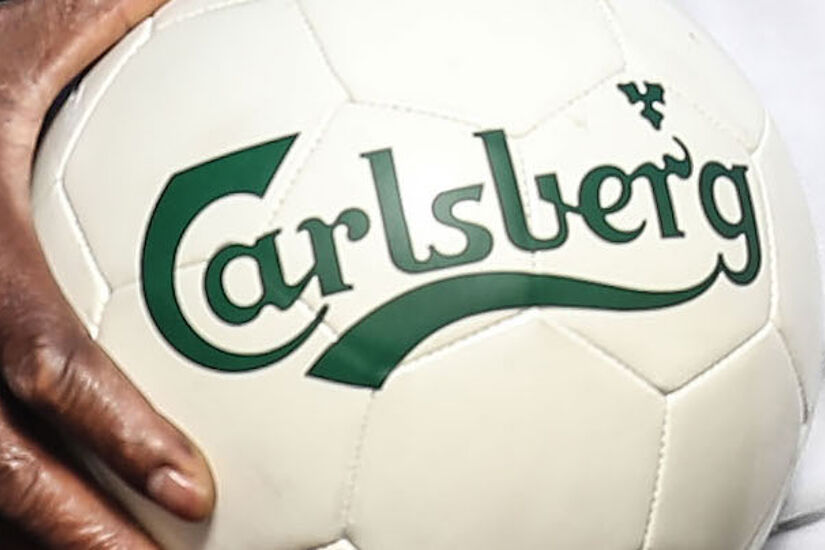Denmark football history - Part 2 - Signing with Carlsberg and the Danish Dynamite

Credit: Extratime Team (ETPhotos)
Diarmuid Kearney has been looking back through the Danish football records to bring you a series tracing the country’s football team’s history, starting with the early amateur days of the game in Denmark.
Part 2: Signing with Carlsberg and the Danish Dynamite
After making their first competitive tournament, Denmark would abolish the rule of only allowing amateurs play in their national team in 1971 in order to help build and grow a more competitive national side. In 1978 along with professionalism allowed in the Danish leagues, a deal was made with beer company Carlsberg, to allow the brewing company become the first sponsor of the national side.
Denmark was able to now hire a manager for their national side and appointed German Sepp Piontek in July 1979. As Denmark transitioned from amateurs to professionals one of their most famous teams would emerge, the “Danish Dynamite” as they were called after a competition was made for the Danish Euro 84 song.
The side would help put Danish football on the map, despite beating eventual winners Italy 3-1 during qualification for the 1982 World Cup, Denmark would fail to reach the finals.
During qualification for the Euro 84 tournament, Denmark recorded a famous 1-0 win over England at Wembley Stadium with Allan Simonsen scoring from the penalty spot. 20 years after they first reached a competitive tournament, Denmark were now contesting the Euro 84 tournament in France.
After finishing runners up in their group, Denmark made it to the semi finals but would be knocked out on penalties by Spain.
EURO '84: Denmark star Elkjaer skied his penalty in semi shoot-out v Spain with score tied at 4-4, 24 June 1984. pic.twitter.com/jRie6TefnJ
— A Football Archive* (@FootballArchive) June 27, 2016
Denmark qualified for their first World Cup two years later and managed to shock the world in Mexico 88 by topping their group which included Uruguay, Scotland and West Germany.
The attacking duo of Michael Laudrup and Preben Elkjær proved pivotal for the side as they ran six goals past Uruguay while defeating Scotland (1-0) and West Germany (2-0).
In the last two tournaments Denmark had featured in, Spain always seemed to be the inevitable party poopers having knocked them out of Euro 84, Spain would go on the trash the Danes 5-1 in the round of 16, four goals by Emilio Butragueño and one for Andoni Goikoetxea enough to send the Danish side home.
The first Spanish goal was caused by a miss-timed backpass by Jesper Olsen to Butragueño, an unfortunate action would be given the title "a real Jesper Olsen".
The phrase would live on for 13 years, and was repeated by the Danish TV commentators in 1999, when an identical backpass was carried out by Jesper Grønkjær to Filippo Inzaghi in Grønkjær's debut for the national team, despite the terrible start he would go on to make 80 caps after the error.
After the World Cup in 1986, the success of the Danish national team continued, having qualified for Euro 88, they then managed to qualify for the 1988 Olympics.
In the qualification group for the Olympics, Denmark appointed Richard Møller Nielsen as manager who served as assistant under Sepp Piontek.
Denmark initially secured a spot for the final tournament ahead of West Germany. But following the discovery that Dane Per Frimann was not eligible for the team's 2–0 win over Poland, Denmark was penalised and were docked points meaning they lost their qualification place.
After failing to regain any success at the Olympic games, Denmark had to pin all its hope and faith for a successful performance at Euro 1988. However Denmark's joy was short lived and ended in early defeat after Denmark lost all the group games to West Germany Italy and familiar foe Spain.
Four years later they would get a chance of winning the European championship in the most unlikely circumstances.
Next up - Denmark: Euro 92 Failure To Finest Hour

